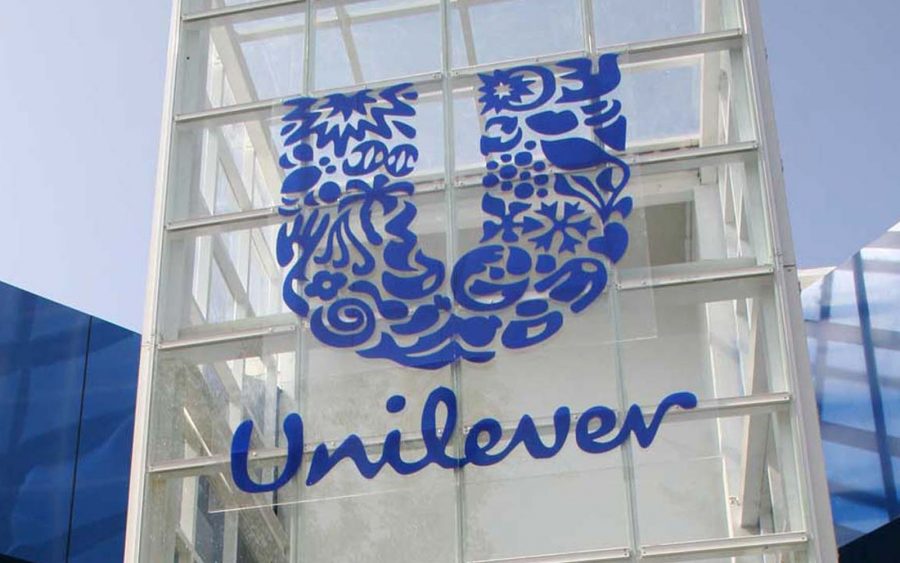Unilever Nigeria Plc released its unaudited interim report for the quarter ended 31st December 2020. The Company recorded Turnover of N16.8 billion in the period under review which represents 84% topline growth compared to N9.1bn Turnover recorded in the corresponding quarter in 2019.
The result showed that the company recorded a gross profit of N3.9bn for the quarter ended 31st December 2020 relative to gross loss of N2.9bn reported for the quarter ended 31st December 2019.
READ: Japaul Oil & Maritime Services plans to invest in gold mining
Overall, profit after tax for the quarter ended 31st December 2020 was N468mn representing a turnaround from the loss after tax of N4.7bn reported for the corresponding period in 2019.
The Unaudited interim report also indicates that the Company recorded Turnover of N61.6bn for the year ended 31st December 2020 which reflects a marginal topline growth compared to N60.8bn reported for the year ended 31st December 2019. Loss after tax reduced to N1.6bn compared to loss after tax of N4.2bn recorded for the year ended 31st December 2019.
READ: AIICO Insurance observes closed period, as board of directors set to meet
Speaking on the results, the Corporate Affairs and Sustainable Business Director, ‘Soromidayo George stated that while 2020 was a year of significant disruptions and volatilities impacting the operating environment, Unilever Nigeria continues to build its resilience to navigate the impact of headwinds.
Mrs. George added that Unilever Nigeria remains focused on its strategy to deliver sustainable growth both in the medium and long-term riding on the pillars of operational efficiency, cost optimization, purposeful brands and increasing market share across key categories.
READ: C&I Leasing Plc announces buyout of Petrotech JV minority shareholders
“We will continue to monitor the business environment and respond appropriately to volatilities in the operating environment as well as disruptions from the COVID-19 pandemic,” she said.
